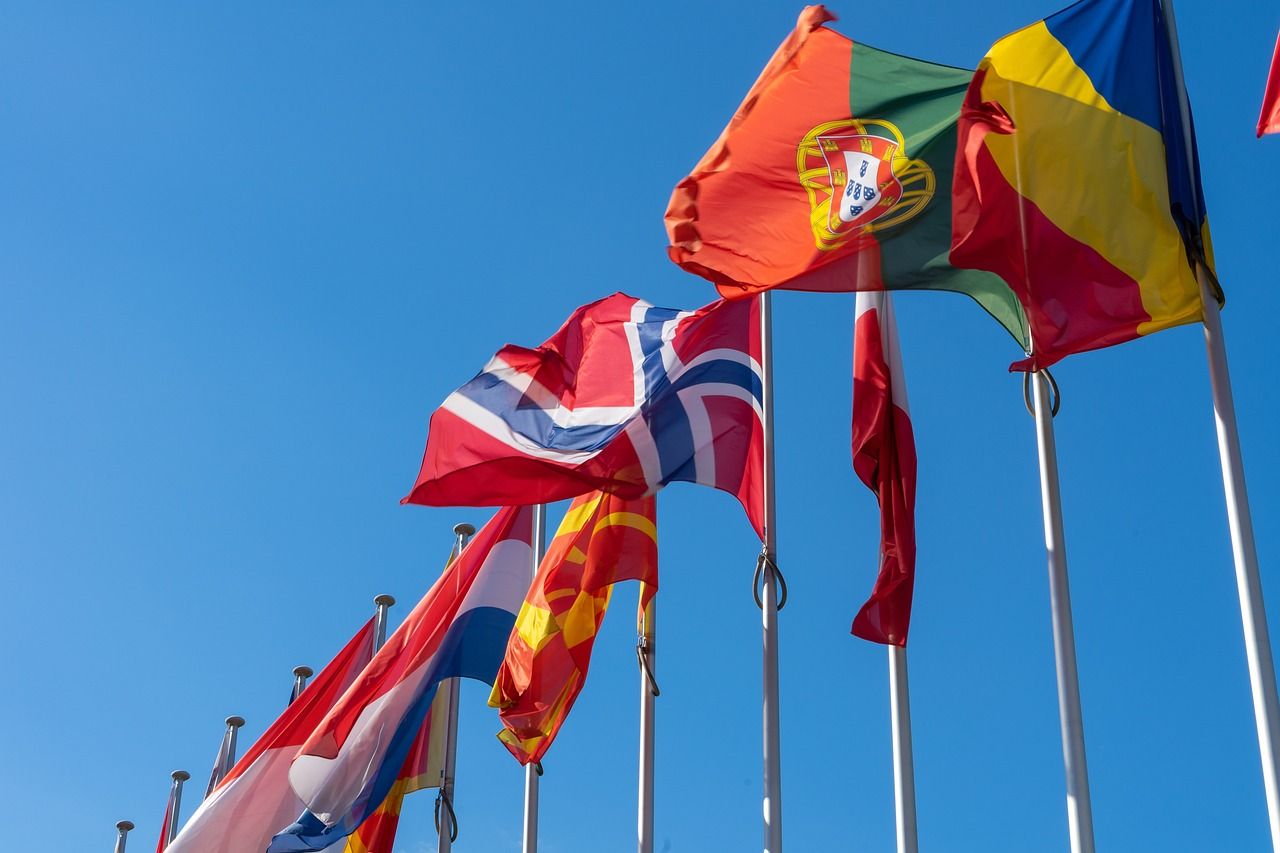Sometimes the smallest actions create the biggest changes.
Five years ago, Martin Hedegaard from Kolding was reported to the police for flying the US flag. He raised the Stars and Stripes in his garden in the small town of Nr Bjert in Jutland in 2018 because the family loves American cars and culture.
In the district court, Martin Hedegaard was acquitted because the court did not find there is a law in Denmark prohibiting it. The verdict was appealed to the Vestre Landsret high court, which on the contrary ruled that Hedegaard’s flag-raising was illegal. Hence the case ended up at the Supreme Court, which has now ruled in his favour.
With the Supreme Court’s judgment, a regulation from 1915 is being repealed. One must go back in time to understand the various courts’ predicament.
Rules but not a law set in 1915
The rules were set out in several regulations in a 1915 executive order issued during World War I.
Denmark was neutral and did not want to get involved in the war. So, the justice minister, Carl Theodor Zahle, emphasised that foreign flags should not be flown – especially not the flags of belligerent nations. The order referred to a royal resolution dating back to 1854.
For many years, the practice has been that you can only fly the flags of Denmark, Greenland and the Faroe Islands, along with the flags of the Nordic countries, the EU flag and UN flag. In addition, it has been temporarily permitted to raise the flag of Ukraine.
Sten Schaumburg-Müller, a law professor, applauds the ruling.
“The verdict is right and well-founded. The Supreme Court says that there must be a clear basis when sentencing a citizen, and that is not the case here. The Supreme Court is also proposing that a law be made on flagging,” Schaumburg-Müller told TV2 Syd.
Probably not a Russian flag
The judgment, according to Schaumburg-Müller, states that in principle you can freely fly all the world’s flags. But perhaps the Supreme Court indicates a reservation, he cautions.
It states that “in the opinion of the Supreme Court, flying the national flag of foreign countries by citizens today cannot generally be considered a violation of a prohibition to ‘protect the state’s defense or neutrality measures’.
“The Supreme Court writes that ‘in general’ you can raise the flags of foreign countries. It allows for exceptions. For example, you might not be able to raise the Russian flag because we are indirectly at war with Russia,” said Schaumburg-Müller.
The German minority in Denmark has already expressed joy at the verdict, while nationalist parties in the Folketing have expressed concern that the verdict is a blow to Danish culture.
The figure at the centre of the case, Martin Hedegaard, is relieved and wants to celebrate with American beer.
But despite the court’s decision, the toast comes with an aftertaste.
“Now it’s okay to fly a flag that has nothing to do with the Danish mentality. Countries we are not friends with. That’s a downside,” said Hedegaard.
The Justice Ministry is expected to present a bill on flagging in the autumn.















